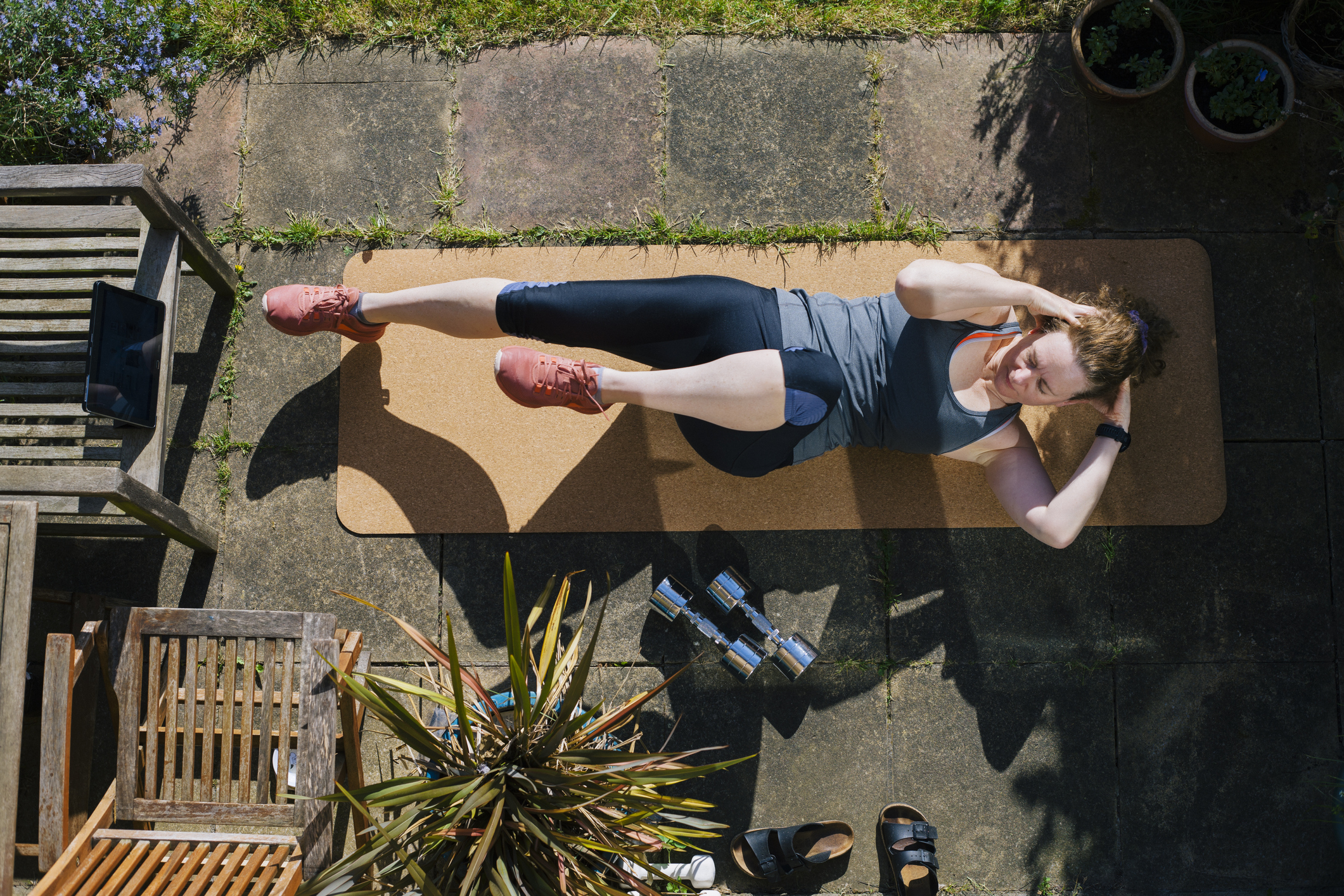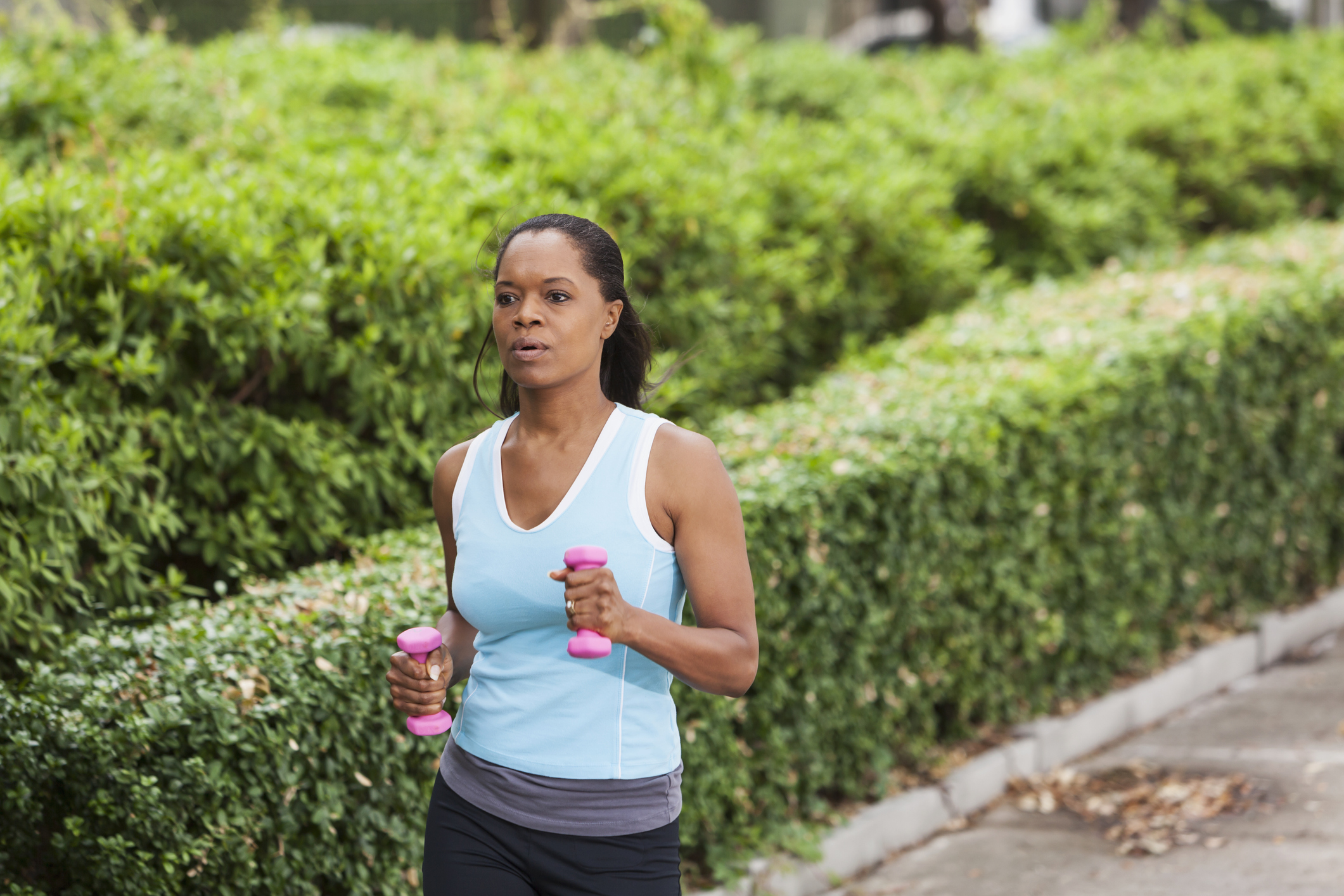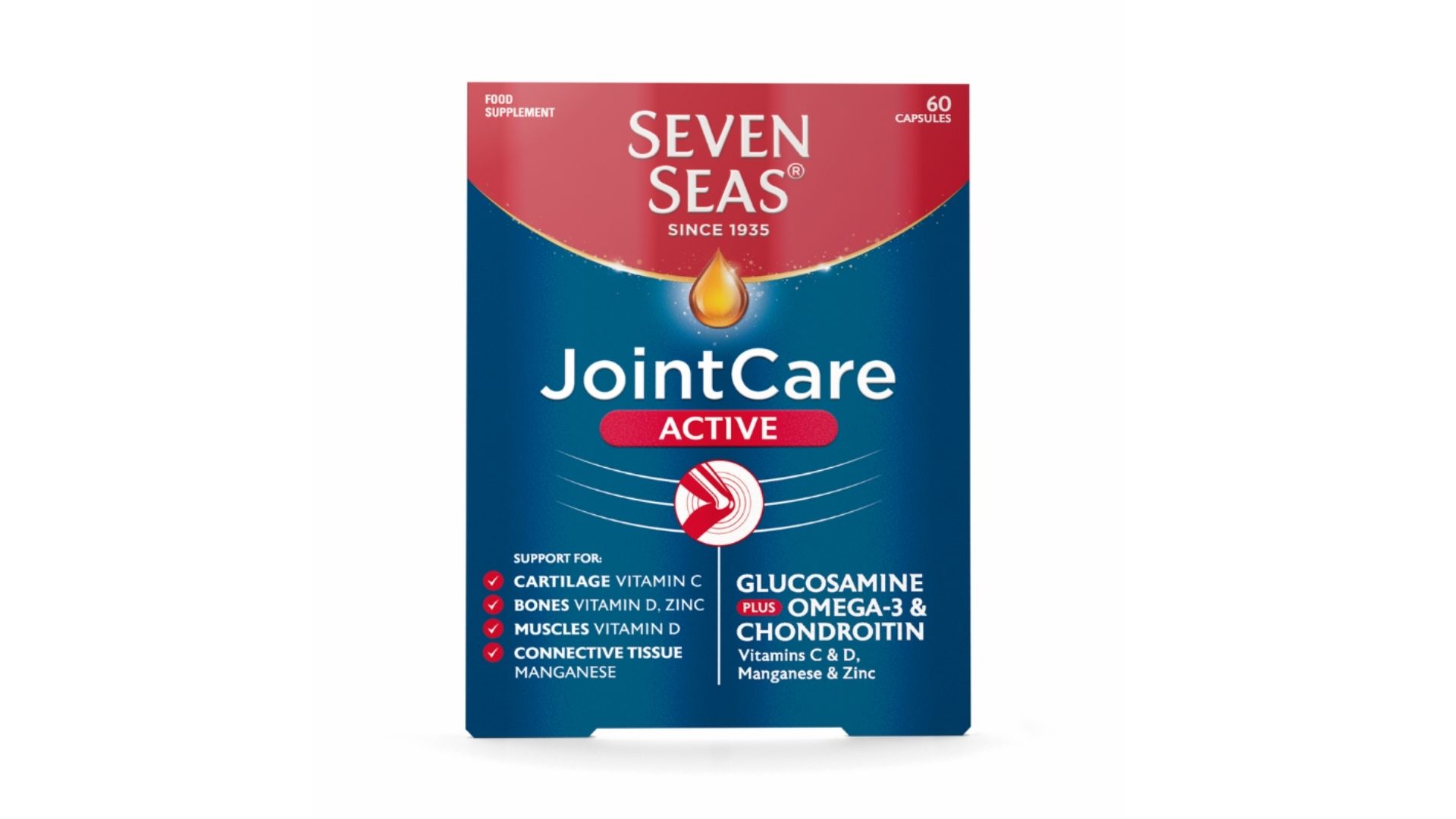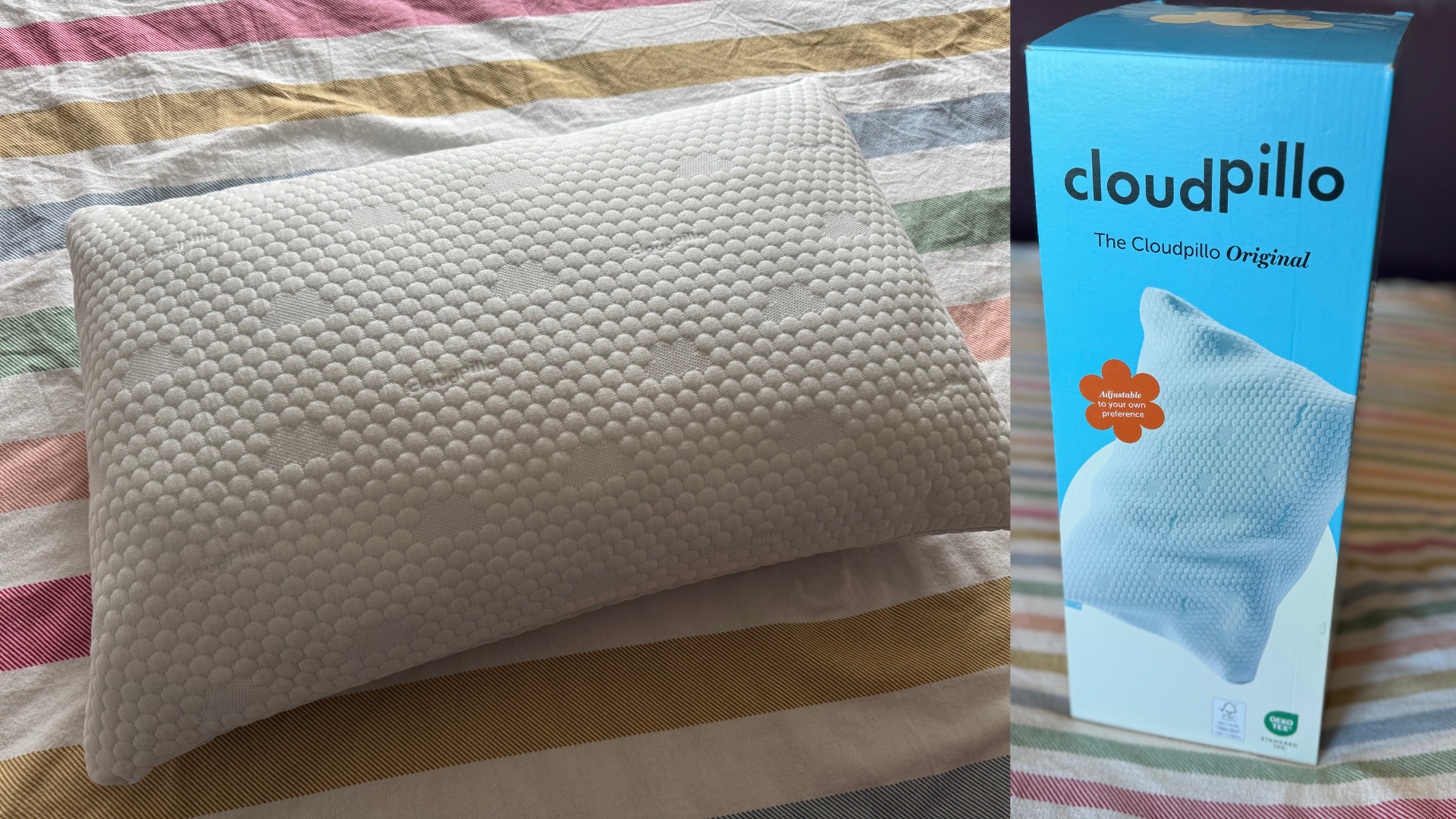The health habits to adopt in your 40s that your future self will thank you for
Adopting these health habits can help support your wellbeing in the future

When it comes to our health, there are always things we look back on and think we should have done earlier, like signing up for a marathon or actually applying sun cream daily. Needless to say, you can’t change the past but there’s no better time to start preparing for the future than now.
Our bodies are adaptive. With new stimuli, they can change and grow in new ways relatively easily. Whether that’s taking on a new physical activity and muscles growing as a result or changing up sleeping habits to support better health overall, just picking up a couple of new health habits is always a great idea.
As we’re coming up to the summer, with warmer months and hopefully brighter skies on the way, it’s the perfect time to take a look at your daily habits and what you want to be able to achieve in the future.
1. Keep active
How much exercise you should do per week is a hotly debated topic - but it’s different for everyone. Some people might be best suited to 20 minutes a day, while others can work out for hours on a long walk.
A good habit to pick up is doing a little exercise every day though, like aiming for 10,000 steps. It’s something that makes you feel good as exercise triggers the release of endorphins in the brain and it gets your heart pumping, which is when all the physical benefits of exercise kick in.

2. Incorporate some strength training in your workout
Whatever you do, try to make sure that there’s a strength training element in your exercise regime. As personal trainer and w&h health columnist, Annie Deadman, says, “As we age, our muscle mass reduces by (anything from 1-5% a year,) so a program of strength training such as weight-training, circuits, yoga will help to offset this. The
“Bones too can lose their density so the demands we place on our muscles in our strength training will also have a positive impact on our bones. Likewise, the declining levels of estrogen in (women) and testosterone in (both men and women), which occurs from around the 30s, can benefit from strength work. Exercise isn’t all about cardio!”
Sign up for the woman&home newsletter
Sign up to our free daily email for the latest royal and entertainment news, interesting opinion, expert advice on styling and beauty trends, and no-nonsense guides to the health and wellness questions you want answered.
3. Maintain a regular sleep schedule
With life being so busy, it’s easy to think of sleep as just a necessity that comes at the end of the day. We’d all like to get more of it, but not everyone is aware of just how useful maintaining a regular sleep schedule can be for our health.
As well as being essential for helping to keep concentration and the brain working through the day, a lack of consistent sleep has been linked to poorer health.
Sleep also gives the body time to repair itself from exertion, so it’s especially important to get the recommended seven to nine hours of sleep a night if you’re exercising regularly.

4. Taking supplements
A balanced diet is essential to keeping healthy as we all know, and supplements can be a great addition to healthy food choices. Ensuring you get your daily recommended amounts of vitamins and minerals can support your active lifestyle*.
When it comes to being active, and especially if you’re walking, running, or taking up strength training, our bones and connective tissues bear most of the brunt. Taking supplements such as Seven Seas JointCare range can be a great way to support bones, essential cartilage, muscles, and connective tissues, all of which are vital for all kinds of movement (1).
The range is formulated to include Omega-3 which is important for overall health, supporting three major organs in the body: the heart, brain and eyes (2). Several of the Seven Seas JointCare range supplements also contain Glucosamine and Chondroitin.
5. Add more protein into your diet
When it comes to adding nutrients to your diet, there’s another that shouldn’t escape the list. Protein is an important macronutrient, and studies have shown that it also helps to grow and maintain muscle fibers in the body3.
As we get older, our muscle mass naturally reduces. Along with regular exercise at a healthy level, eating enough protein (about 0.75g per kilo of body weight) can support your muscle mass3.
These great diet and lifestyle choices are perfect in your 40s and can help keep you doing the activities you love.
1. Seven Seas JointCare Supplements contain: Vitamin D which supports normal functioning muscles and normal bones. Vitamin C for the normal formation of collagen for the normal function of cartilage. Manganese for the normal formation of connective tissues or Copper contributes to maintenance of normal connective tissues.
2. A daily intake of 250mg EPA (Eicosapentaenoic Acid) and DHA (Docosahexaenoic Acid) helps support normal heart function. 250mg DHA daily helps support normal vision and brain function.
3. Protein contributes to the growth and maintenance of muscle mass.
*Food supplements must not replace a varied, balanced diet and a healthy lifestyle.
-
 The Handmaid's Tale: Does June get Hannah back at the end of season 6?
The Handmaid's Tale: Does June get Hannah back at the end of season 6?It's been June's endgame from the very first moments of The Handmaid's Tale, but will she be reunited with her daughter Hannah at the end of season 6?
By Lucy Wigley
-
 My decades-long quest for the perfect pillow ends here, but forget what you think you know about memory foam
My decades-long quest for the perfect pillow ends here, but forget what you think you know about memory foamPacked full of tiny pieces of shredded memory foam with a dual-sided cover to keep you cool, this is the next best thing to sleeping on a cloud
By Heidi Scrimgeour